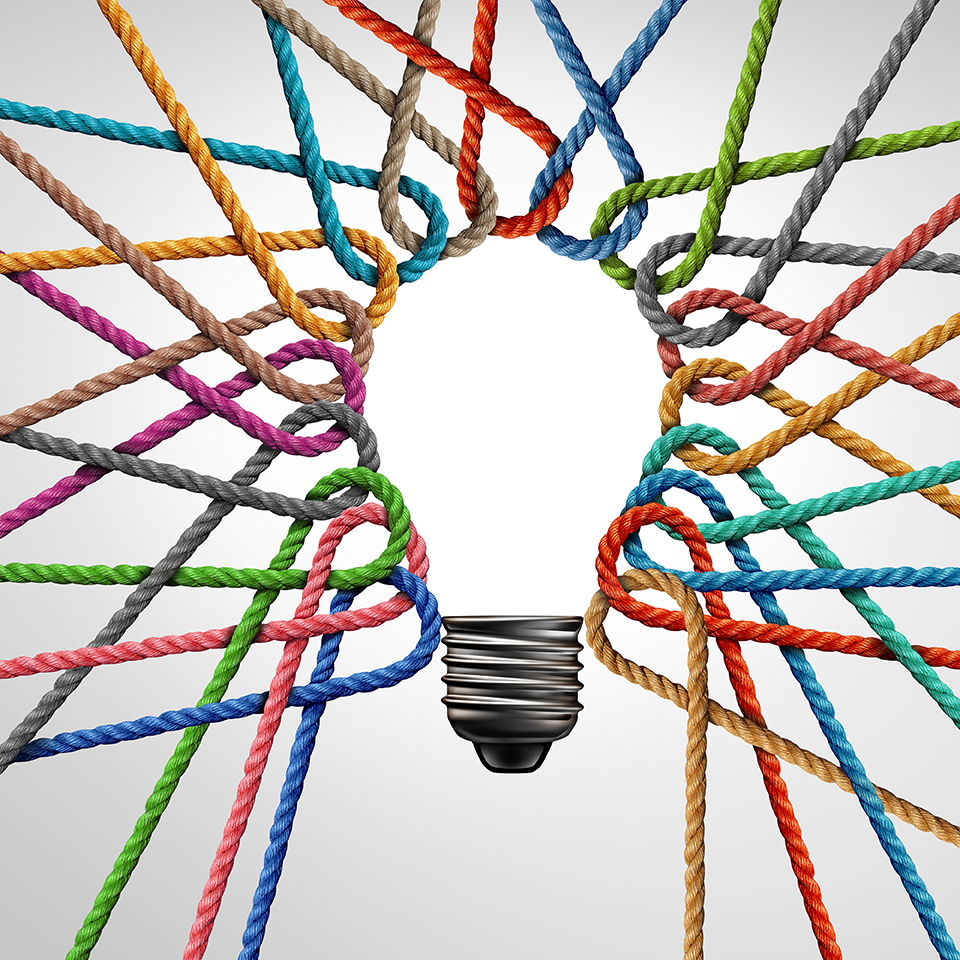There is a saying about the pandemic – we may all be in the same ocean, but we are not all in the same boat. While the pandemic does not discriminate, one’s ability to weather the turmoil it has brought along varies widely. The economic, social and psychological buttresses can offer some people protection against the uncertainties of the pandemic, whereas others are left more exposed.
Ongoing racism, sexism, ableism, and systemic discrimination and oppression are long-standing realities; however, they have received heightened attention during the pandemic. This is apparent in the extensive media scrutiny accorded to the Black Lives Matter protests and the fact that, based on data collected in August 2020, Black participants were more than twice as likely as white participants to report having experienced discrimination since the beginning of the pandemic. 2 The sharp increase in crimes against Asian communities also speaks to how existing inequalities have been exacerbated. Moreover, the widespread discrepancies in access to healthcare at a time when such access is critical illustrate the structural inequities that have been highlighted since the onset of the pandemic.
No workplace remains immune to these factors, which necessitates HR professionals to equip themselves with tools to tackle these issues, as they manifest in workplaces. This means incorporating equity, diversity and inclusion (EDI) into policies as well as re-vamping systems from the ground up. It is essential to weave in EDI by assessing the state of EDI in your workplace, analyzing current areas of improvement and implementing tracking mechanisms to record progress. This demands a strong grasp of key performance indicators that relate to EDI as well as familiarity with data collection methods.
Indeed, HR professionals like yourself and across all industries are being called upon to integrate EDI in workplaces. This will include addressing unconscious bias, inclusive recruiting and hiring practices and retaining a diverse, future-ready workforce. In fact, training on unconscious bias is amongst the top IDEA (Inclusion, Diversity, Equity and Accessibility) initiatives that organizations across the board have implemented. 1 Other IDEA initiatives that have also risen to the top include foregrounding pay equity, establishing DEI committees and ensuring job ads are inclusive. 1
This is echoed in the words of HRPA Woman of Distinction Award Winner, Ashira Gobrin, “We need to build cultures of inclusion to embrace diversity so that people can feel comfortable being different. That’s what diversity is all about.” 3 Additional markers of EDI, such as workplace flexibility, adopting a trauma-informed approach and creating a productive space for allyship are also concepts HR professionals are increasingly occupied with.
If these topics of professional development are what you are looking for, HRPA’s upcoming Diversity and Inclusion Certificate Program is the right fit for you. Offered in partnership with Diversio, this four-module course runs over three days, starting on April 19. More information and registration is available here.
Footnote 1: View the HRPA 2021 HR Trends Report
Footnote 2: View Experiences of discrimination during the COVID-19 pandemic
Footnote 3: View the HRPA Woman of Distinction Award Winner: Ashira Gobrin blog
